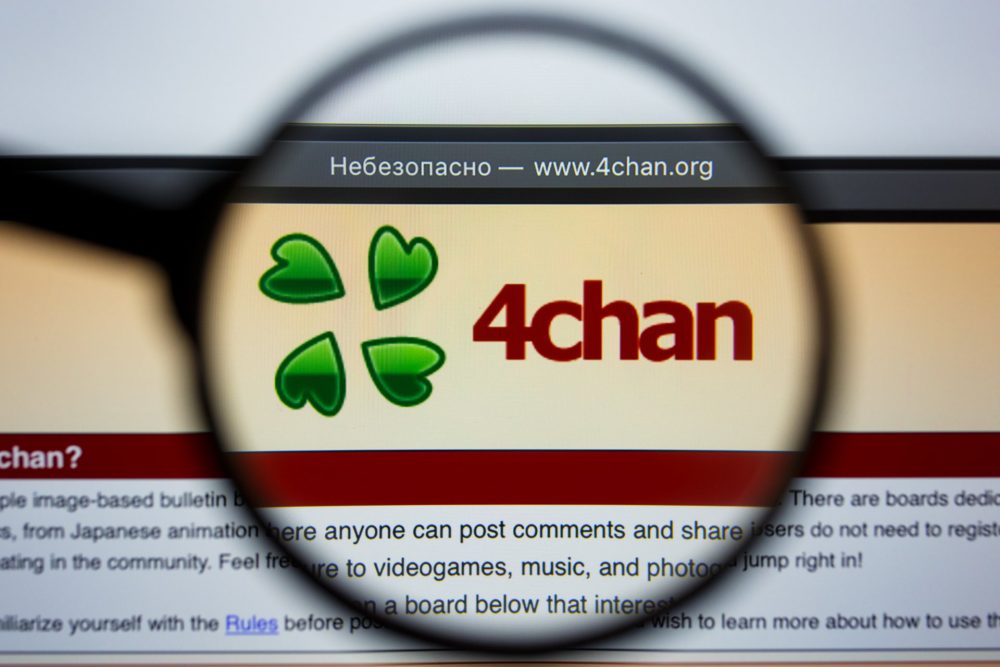
This report is the sixth in a series of short reports that look at the user journeys of individuals in extremist communities. This report focuses on the extremist chan culture, which refers to a collection of online platforms. The existence of chans is in stark opposition to mainstream social media, where users are usually encouraged to share their personal content and use their real identities. Strong group identity within chans is mostly established by the use of in‐jokes and subcultural slang, despite the anonymous online setting.
The decision to focus on extremist chan culture in this report is informed by the continued threat posed to broader society by chan sites, which foster a climate in which extremism is the norm and
in which violence is often openly encouraged. These chan sites continue to represent a particular kind of extreme online hate which requires moderation in order to curtail the rise and spread of extreme far‐right communities.
On the report’s methodology, the study used focus groups, involving individuals who have accessed, observed and occasionally participated in the private communication channels of these extremist communities. The names of all communities mentioned during the focus groups, including those that participants accessed, have been removed.
Key findings on extremist chan culture are:
While there are non‐English language chan sites which attract large audiences in many countries, the most popular is 4chan, with more than 22,000,000 users. Since its inception, 4chan has been a haven for violence.
Newcomers are generally only able to find new chan sites through word of mouth, with more informed users periodically posting lists of links to more obscure chans on popular forums like 4chan.
The existence of smaller chan sites further implies their links to other such sites based on shared ideology and in some instances a sense of camaraderie.
Misogyny and queerphobia remain rife on extremist chan sites, with different chan sites varying slightly in their attitudes towards women.
